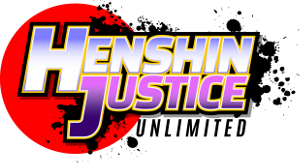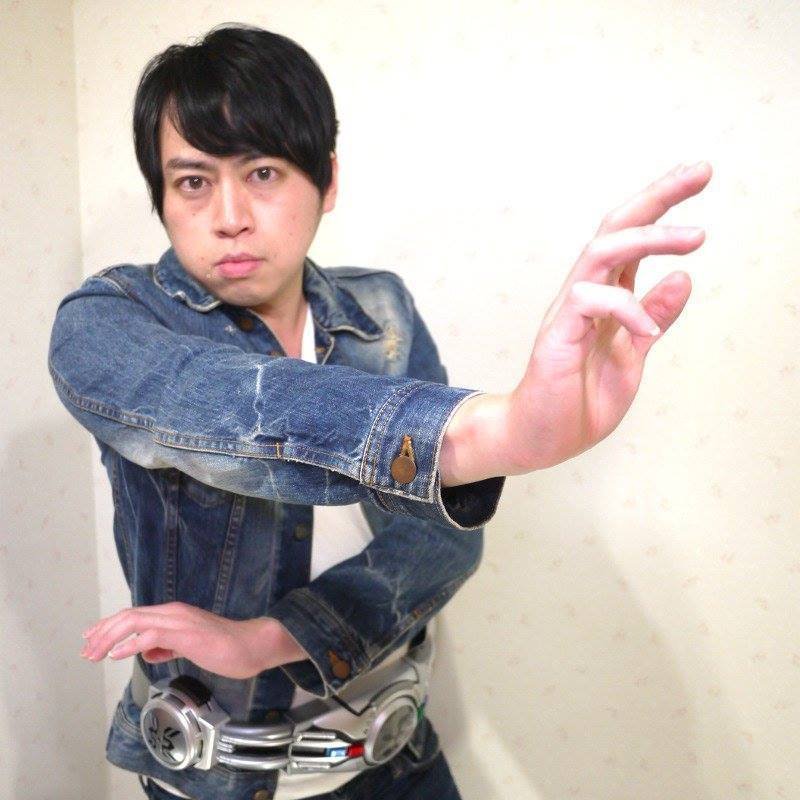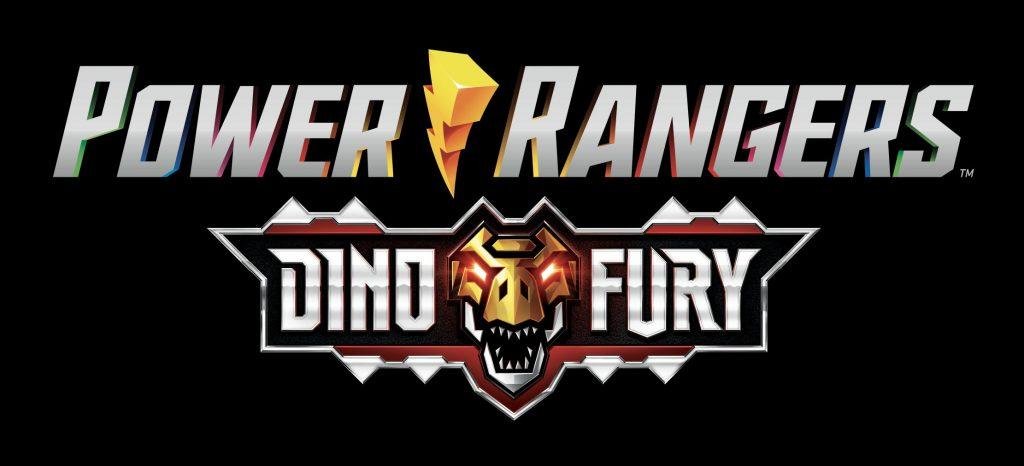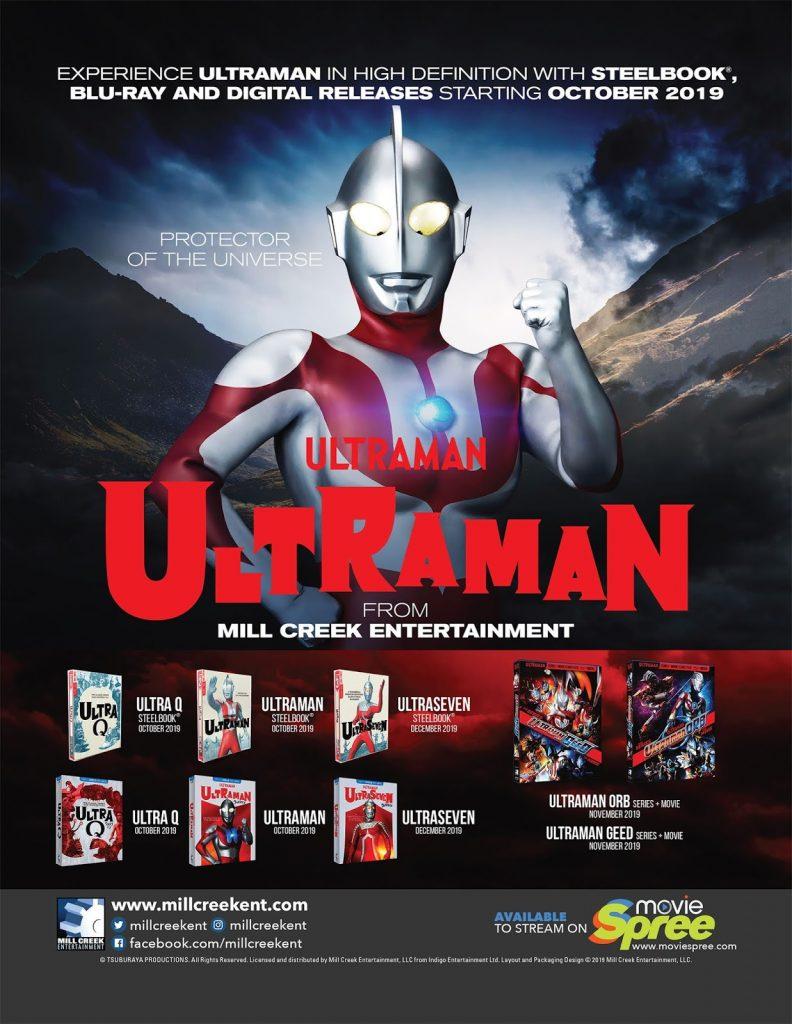Graphic by Aoi Kurenai
1. Can you tell us what it was like rising from one of the writers to the show runner of Power Rangers?
Your history is off. I didn’t rise from being a writer. Here’s roughly my history on the show…
Jonathan Tzachor and I had worked together previously on low budget movies. Some real low-budget stuff. Then a friend of his offered us the chance to do the pilot for what was originally called “Dino Rangers.” If picked up, it would mean consistent work for months or years. We decided to do it, Jonathan as the Line Producer, me as the Unit Production Manager (UPM). The pilot turned out pretty well and was picked up. Most of us who saw it thought it was a nice little story, but the disjointed Japanese footage seemed like a crazy ingredient. Few of us had the insight of Haim Saban, who had no doubt it would be a winner.
The production team is essentially the suspension of the production machine… whatever bump comes up, you have to smooth it out and keep rolling forward. We had very little money and were totally non-union. This meant that those of us on the production staff (prod manager, coordinator, secretaries, assistant directors, PA’s) might have to step into many different roles, with no complaint and no second thought. From driving trucks to dressing in Ranger spandex costumes to being extras to repairing damages on locations… whatever it took to keep the filming moving we scrambled and made it happen. It was tough, but it was great, affording us all the opportunity to learn lots of new things, and to form a crew that became an extended family. But the hours and the stress can add up and I got tired of it. Not to mention, I had more creative endeavors in mind.
During the first few years the storyline of each episode was mostly independent of the other episodes. There wasn’t much effort put into creating threads that would lead to a “serial” experience. The exception was when the Japanese footage forced us to keep a certain story alive. But those were few and far between. Generally speaking, each episode had a featured Ranger who battled through a main storyline to prove a moral. This may surprise most of you, but the fact is that the production staff doesn’t really care much about the story. They care about which actors work, which locations, which props and picture cars, how much it will cost, how to schedule it, etc. Why the Black Ranger fights with the Green Ranger is out of their control and therefore doesn’t matter. Whether they fight in a rainstorm at night, or in a forest during the day… now that matters because if effects the schedule and budget. I say all of this because Power Ranger scripts are harder to read than a normal script. The Japanese footage can sometimes be so jarring, that you lose track of what is happening. So I, like most of the production staff, concentrated on HOW to make the episode, leaving WHAT HAPPENS in the episode to the creative producers.
After a few years of being the UPM, I had an idea for a script, Jonathan liked it, and so I got to write it. By this time, the original cadre of writers had faded a bit, so it was a perfect time for me to jump in. As Unit Production Manager, I knew that deadlines were set in stone. That lesson helped out as a writer. A writer who hits a deadline come hell or high water, is good. A writer who hits a deadline come hell or high water AND writes a great episode, is gold. I tell you all of this because I want you to see that I didn’t just send in a spec script and get a job. I learned what happens on the set, what it actually takes to create an episode, and then I applied that to my writing. That is why I became an invaluable part of the Power Rangers creative team, because I could write a do-able story, within our budget and schedule, between sunset and sunrise if need be. And I did it over and over again, usually with a pretty good attitude.
2. How has Power Rangers most affected your life?
It’s good and bad. In practical terms, it gave me many experiences, good friends, savings in the bank. It taught me to argue for story ideas that I believed in. In a story meeting, “my idea is better” means nothing unless you can explain why. Having to pick apart stories, characters, threads, etc, makes you a better creator no matter what the canvas is, screenwriting or architecture. On the down side, Power Rangers is a very unique show. After many years of working there, the creative principals become typecast, meaning that the rest of the world wonders if you can do anything else. So much so, that you start to wonder yourself.
3. What culminated in you leaving the show?
I had been writing/producing/directing Power Rangers 24/7 for years, and I was just burnt out. I’ve read some of the rumors out there about creative differences between myself and Jonathan Tzachor. It’s true, we didn’t always see eye-to-eye, but there was always a mutual respect. We both wanted to tell the best stories we could while working within some rather difficult restraints (Japanese footage, budget, time). We debated passionately about every story, every scene, sometimes down to the dialogue. But in the end, there are times when someone is going to be disappointed. Disappointments can wear on you.
4. StormWatcher asks: How did it feel to come back to Power Rangers after being away from it for so long?
As I mentioned before, storyline ideas lead to great debate, often leaving one opinion bruised and battered in the dust. I always hoped for the chance to have the final say and see how I would do. When Disney asked me to take over the show, it was a dream-come-true. Not only did I get to have final say over what would happen, I got to work with some of the best storytellers in the business to do it. Contrary to some opinions, Disney cared deeply and was always there to help me out. Of course, the circumstances were not ideal. Jackie Marchand was the heartbeat of the story department for many years. But for reasons I don’t understand, she and Disney parted ways earlier in the season. When Eddie G. was let go, all but one of the writers went with him. To complicate matters, Eddie had established friendships with the cast members, making some of them rather suspicious of me when they heard I was his replacement. With all of that working against me, I set out to learn about the season and get writing. It was an enormous challenge, but I was up to the task. With great backing from Disney and the fantastic New Zealand crew, we never skipped a beat.
5. MMPR asks: What is your biggest creative regret you made on the show?
When I watch the show, the thing that stands out to me as the biggest flaw is the lack of strong characters. That would include the Rangers, the villains, and the episode-specific characters. Sure there were good characters now and then, but after hundreds of episodes, we should have done much better. The Japanese were always much better than we were. I think this was caused by a combination of things, but the main reason was lack of experience on the creative end and not enough time to sit down and solve the issue. When it came to story, we were really flying by the seat of our pants. All of us recognized an great plot, but character fell through the cracks.
6. What was your greatest creative accomplishment you made on the show?
My greatest accomplishment was not any particular story, or character, or scene… it was the fact that collectively I kept up the pace and the quality of work that was so demanding. I wrote, produced, and directed to the best of my ability. I know we weren’t creating a masterpiece, but we were honestly doing the best we could under some tough circumstances. If you want to talk about specific episodes, I loved the episodes with the Ninja Turtles. It was a set of lucky turns… we got the costumes and the rights to use the Turtles, we had GREAT Japanese footage, we had a good director, and we were able to tell the story in more than one episode. Sometimes, when you write an episode, it just flows. This was one of those times.
7. Kenori asks: What’s harder to write? Premieres or finales?
Premiers have a few fun revelations, but they can be clumsy because you have to include so much set-up; who are the characters, what is the time and place, what are the relationships, etc. It can be fun, but I always enjoyed the endings more, because of course, it doesn’t all happen in one or two episodes. If you’re a smart writer, you plant seeds well before-hand so that by the time you enter the finale, the audience is already on the edge of their seats.
8. The 2nd Evil asks: Which did you find easier to work with: Writer under an Executive Producer, or writing as the Executive Producer?
It might be great to write under an EP that was a great writer. Imagine what you could learn, how the synergy might work. Then again, if you know the show inside and out and you’re confident of your story skills, it’s nice to have the final word. On a different show, it might be great to be a writer. But on Power Rangers, I worked best as the Exec Prod. No matter what your creative input is, it’s always great to have someone like Koichi to work with.
Dan Ewing, who played Dillon hasn’t exactly been subtle about his dislike of you replacing Eddie. How were reactions of your arrival and involvement with RPM from other members of the cast, crew, and the only remaining writer from the first half, John Tellegen?
I’m not familiar with what Dan has said publicly about me. I think he got some bad info from people around him when Eddie was leaving. When I first arrived in New Zealand, he seemed a little put off, but he acted professionally, did his job, and by the end of the season, we had a good rapport. I hope that someday Dan will look back and realize that maybe, just maybe, Disney had good reason to do what they did. Power Rangers is a business and everyone has a job to do. If you don’t do your job, you get canned. No one is indispensable.
As far as the other cast, for the most part they were very welcoming. Unfortunately, I was stepping onto a sinking ship, bailing as fast as I could. Things were already over budget and were about to get behind schedule. I was doing the work that just the previous week had been done by 3 people, so I was scrambling to keep up. Eddie had much more prep time than I did, and he used it to get to know the cast. I didn’t have that luxury. They did their jobs, and I did mine. As far as the crew, they are all seasoned pros. They knew that I was there to help solve some difficult problems, so they could not have been nicer or more helpful. As far as John Tellegen, I have no comment.
9. What do you have planned for the future? Would you return to PR or do a similar show for another company like Kamen Rider?
I’m not sure why I would do another Power Ranger-type show. I suppose if the right opportunity came up, I would be interested. But I’m not holding my breath.
10. Answer…. once and for all. If it was up to you…. WHO IS THE PHANTOM RANGER???
The truth is that we ran out time before we were able to fully develop a story for the Phantom Ranger with everything going on. If I were to come up with something now that I think would fit properly, I’d want a past Ranger to return like Billy. If I remember right the last time we saw him he was on Aquitar. I’d create a back story that had Ecliptor be a failed Robot Ranger experiment created by Billy and in order to correct that mistake he created the Phantom Ranger powers. Being the first man made, non-Zordon suit, its powers would be very limited, which would be why you never saw him for long. I’d have the Rangers all get captured and send the Phantom Ranger in to save the day. The bad guys would demand his powers or they would end the Rangers. That’s when it would be revealed that Billy was the Phantom Ranger. Of course he’d have a trap laid out in the end that would get him the Phantom powers back and free all the Rangers in the end. This is not canon though, so take it with a grain of salt. I’m just brainstorming an idea that I think is plausible and that I’d like to see happen.
All I know is if it was up to me, I would NOT make him the Blue Ranger’s dad. That choice was far to obvious.
Here’s one additional Q&A:
If someone is dreaming of getting into the film business, what would you advise them to do?
Unless you are fortunate enough to have the right name, trust fund, or looks, getting into the business is tough… damn tough. But it’s not impossible. Here is my advice:
First: Read lots of novels and scripts. See lots of movies. They keep you inspired and teach you what works and, just as importantly, what falls flat. Surround yourself with peers who will argue with you when you give your reasons for liking this or hating that.
Second: Find friends that have the same hunger to get into media. Film school isn’t necessary. (No one has ever asked me if I have a degree in filmmaking.) If you want to write, find a writer’s group. If you want to direct, find someone who wants to act and make a short. There’s no shortage of Hollywood wannabees everywhere. With all of the cheap cameras and editing software available, there are no excuses for doing nothing.
Third: Work for free as a Production Assistant on a low or high budget movie. The low budget (independent) films are always looking for help. Some can’t let you work for free (employment laws), so you’ll get minimum wage. Take a job yelling “quiet on the set” at minimum wage, but perform as if you were directing “Jaws” for a million bucks. If you make an impression, your boss will take you on the next project.
Four: On the next project, tell the producer that you will work for him/her as a personal assistant during the making of the movie. Sit in on every meeting you can, take notes of what you see that goes right and wrong. Study the script, the re-writes. Become indispensible.
Five: Stay in touch with those people who you know are moving up. A rising tide will lift all boats, and if you’re good, you’ll rise too.
Bonus Advice: Don’t stay on the same project or in the same genre for too long. When they offer you more money to stay, demand more responsibilities so you can learn new skills. But at some point, jump to the next stepping stone before you tumble down stream.






No Pink Spandex » Henshin Justice Unlimited Interviews Judd Lynn
January 7, 2011 @ 4:06 pm
[…] since Power Morphicon 2 that we heard from Judd Lynn (Executive Producer of Power Rangers RPM), and Henshin Justice Unlimited just published their interview with him. In it, he goes in depth about how he started, taking over […]
January 7, 2011 @ 4:49 pm
So did Judd and John Tellegen not get along then?
Tweets that mention Interview w/ Judd Lynn -- Topsy.com
January 7, 2011 @ 4:56 pm
[…] This post was mentioned on Twitter by Henshin Justice, Linear Ranger. Linear Ranger said: Check out the interview with PR master Judd Lynn – http://henshinjustice.com/2011/01/07/interview-w-judd-lynn/ […]
December 27, 2014 @ 9:13 pm
I’m really excited for Power Ranges Dino Charge! I love the theme song plus the fact that the pink ranger is an African American! .I love In Space, Time Force, & RPM! So I believe Judd Lynn will help make Dino Charge awesome!